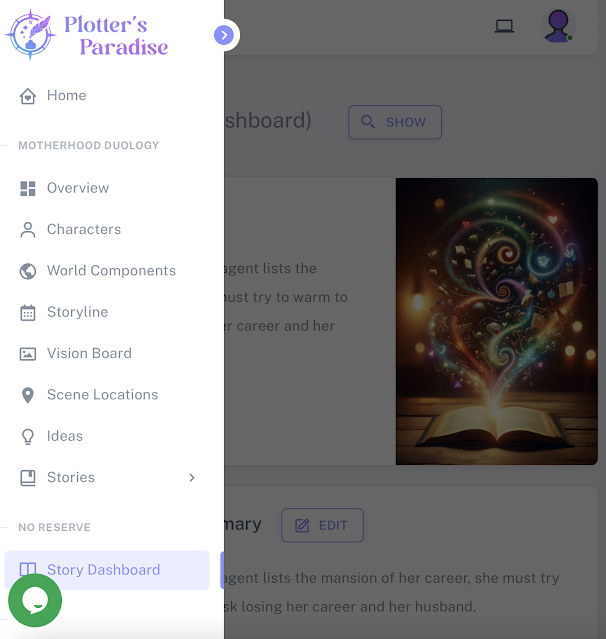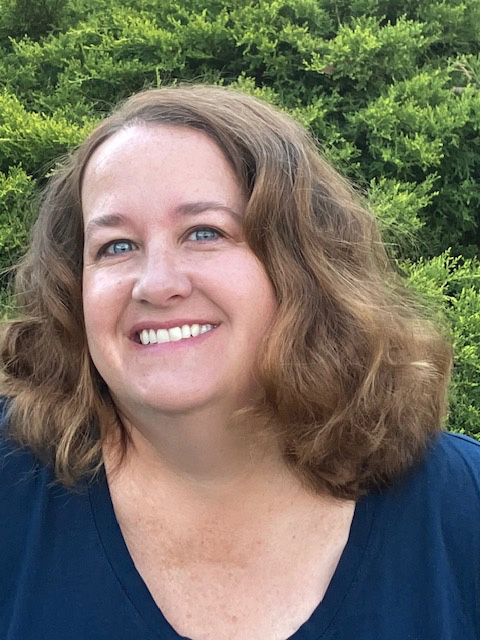WOW: Congratulations on being a runner-up in the WOW Creative Nonfiction Essay contest. "What Men Want" is such a powerful, deeply personal piece. Is it difficult writing about such personal experiences?
Sandra: Actually, no! I think this is partly because of the way I write first drafts. As I’ve often said, I always thought I’d be a writer when I “grew up”, but growing up took a long time and I only committed to writing as a vocation in my mid 40s. The impulse for this was the fortuitous discovery of a wonderful writing teacher, Barbara Turner-Vesselago, who teaches a simple but highly effective writing method called Freefall.
Freefall isn’t the same as freewriting, which can sometimes produce diary-type work, or work that is
similar to what happens if I write morning pages. With Freefall, you follow five simple precepts. These are on Barbara’s website but I’ll list them here:
1. Write what comes up for you: whatever occurs to you once you have started writing, write it down. Put plans aside, in case something else wants to be written.
2. Don’t change anything: not even spelling errors, just keep going!
3. Give all the sensuous detail: what you hear, feel, smell et cetera). This precept to give all the sensuous detail (what you hear, feel, smell et cetera), slows me down, preventing a gush of emotive writing.
4. Go where the energy is, or go “fearward”: write what you don’t want to write about! “Write
what makes you sweat,” as Robert Burdett Sweet said.
5. “The Ten-Year Rule”: if what comes up for you is inspired from your own experience, it will work better and be easier to write if it is an experience from some time in the past. If you write about a very recent, challenging experience, it’s unlikely it has ‘composted’, to use Natalie Goldberg’s phrase. The actual writing could be challenging to actually do, and lack the clarity that time can give. When I write about a challenging personal experience, while I do have one foot directly in that experience, so to speak, I also have distance from that experience.
I wrote "What Men Want" about three decades after the events I describe, so I have plenty of distance. And while I was bulimic for about seven years after those events, I am blessed in that I am completely free of the eating disorder.
Perhaps what also helps when writing about challenging personal experiences is I am always aware I’m not just writing these pieces just for myself. I am not entering into a therapeutic process. I am writing to be read, to communicate to others. (That being said, I don’t have my mind on publication when I write, that would stop me writing altogether!).
WOW: The events portrayed in your essay happened many years ago. How do you effectively recapture the past?
Sandra: I don’t journal I’m afraid. I know I should, particularly as I have a very poor memory. But when I am settling down to do some new writing, opening a blank page and waiting for something to arise, usually all sorts of past experiences pop up. In fact, most of my fiction is closely based on events in my own life, I can’t seem to get away from them!
I do have one process that works very well for me, a process I call A Page a Day. It’s a process to develop the writing muscle, a daily practice, but for me it’s also produced publishable pieces (once edited!). I wrote about a version of this process for the
Story Machine.
I often combine this with specific memory prompts that I developed when I read about Ray Bradbury’s word-association lists in his book, Zen in the Art of Writing. Bradbury’s lists are specifically nouns—The Toy Chest. The Old Woman. The Fog Horn. The Crowd. My lists tend to be short sentences associated with a memory: The Thing in The Road, Bloated Sheep in Kashmir, for example. It’s important not to be too specific or detailed or I’d get bogged down when writing my list. I might not even remember the whole experience when I jot the sentences down. When I’m about to write my page for the day, I’ll scan the list of prompts and choose which ever one strikes me the most forcefully. As I write, almost always more of the memory returns to me.
WOW: You have a long list of writing awards for everything from flash fiction to novels. Tell us about the appeal of writing contests. Where do you find the contests, how do you choose which ones are right for you and how many do you enter each year?
Sandra: I subscribe to a number of newsletters which list competitions and other calls for writing: Hope Clark’s FundsforWriters, Erika Dreifus’ Practicing Writer newsletter, Winning Writers. I also try to keep an eye on certain websites: Poets & Writers and Almond Press. Also, since I have submitted to so many literary magazines, I receive newsletters which alert me to when they have an upcoming competition.
It’s hard to say how often I submit to competitions, it depends on my state of mind, how engaged I am with a current project or story. Entering competitions can be a way to distract myself from actually writing! But I also find entering competitions forces me to polish a piece, so even if I don’t place or win, the process is worth it. The advice I often give is to send out work to several competitions, if it’s possible, so you are not waiting hopefully. I won the Bridport Prize for a first novel, and when I heard I was longlisted, I had completely forgotten I’d entered! I had to scramble to polish up further pages to send on for the next stage of the competition, and when I was shortlisted, I had to write from scratch the next chapters of the novel in short order, as I hadn’t written them yet!
As for choosing which competitions are right for me, I do try to have a look at other pieces that have won or placed in that particular competition, but I can also be a bit profligate and just send out rather randomly. And, it can depend on my pocket book as most competitions have an entry fee.
WOW: Tell us about the book about writers living with chronic illnesses you’ve been commissioned to write.
Sandra: It’s a short book aimed at giving encouragement and support to writers, whether budding or experienced, who live with chronic disabling conditions. Sam Ruddock, who heads up Story Machine, commissioned the book. I credit my being awarded an Arts Council grant to his support and guidance, and we co-led an online workshop for writers living with illness, disability, or a chronic or life-limiting condition. The commission is one in a series of five short books aimed at specific groups, including prisoners, working class writers and writers living with illness. The whole series is titled You Are A Writer, and my book’s title is The Irrepressible Writer: How Writers with Ill Health Write Well.
When Sam first contacted me about the commission, I balked. Partly because I didn’t think I had any advice to impart, I was just another writer struggling along, albeit with a few more limitations than some due to my chronic illness (ME/CFS, to be brief). I also balked because other than blogs, I’d never written nonfiction. Creative nonfiction, yes, but not something like this. But I said yes, and although it had to go through a few drafts with Sam’s help, I found it surprisingly easy to write. I also enjoyed the research aspect – discovering other writers with chronic illness, and a plethora of literary magazines and organisations supporting writers with disability, not to mention competitions specifically aimed at writers with disability. I had never even thought to look for such things!
Sam wanted the tone of the series to be conversational, encouraging, and non-academic. The format combines narrative exploration of my development as a writer along with specific chapters on editing and other aspects of writing. In each chapter there are writing exercises and prompts, and several pages of resources including literary magazines and support groups for writers with disability. Included in my commission is leading a 6-week online workshop course for a small group of writers with chronic disabling conditions who will attend the course for free. I’m looking forward to that! The first one I did with Sam was a revelation, not because I hadn’t taught before, but teaching a group of people who truly understood what it meant to live with illness, particularly invisible illness, was amazing.
WOW: Do you have any rituals or habits that help with your writing life?
Sandra: “Writing is so difficult that I feel that writers, having had their hell on earth, will escape all punishment hereafter,” Jessamyn West said. For the most part I agree, and it’s important to find ways to ease the difficulty.
For me the best is attending a writers retreat where I don’t have to think about anything at all other than what I’m writing. There are only so many of these I can afford, so at home, a view, a good chair and no interruptions are critical. I used to write to music (no lyrics, unless in a foreign language!) but now I need silence. Some writers write best in cafés, or in bed.
Then there are rituals, which are known to help form a consistent writing habit and get you into the mood. For me it’s making an Aeropress espresso, or a little pot of Ceylon tea, and preparing a little plate of nibbles. For others it’s reading a poem, or lighting a candle, or drawing a Tarot card.
What works for you?
WOW: I'm a silence gal too. And recently, my pre-writing ritual has been yoga. It helps get me out of the "What do I need from the grocery store" mindset and into the "What would my characters say" mindset. Readers? What are your writing habits?













.jpg)



.jpg)




